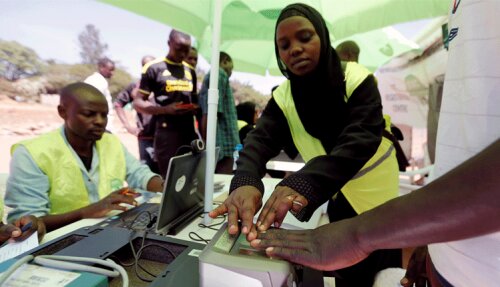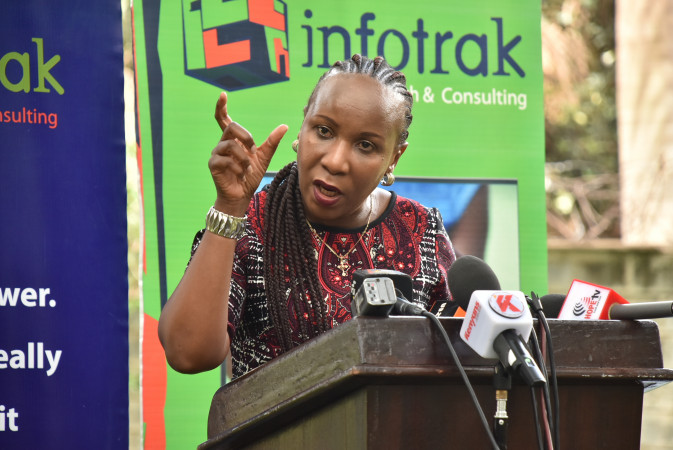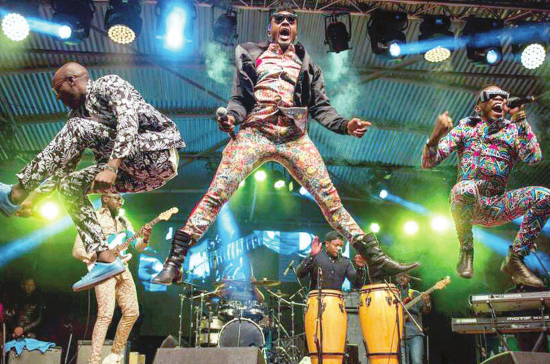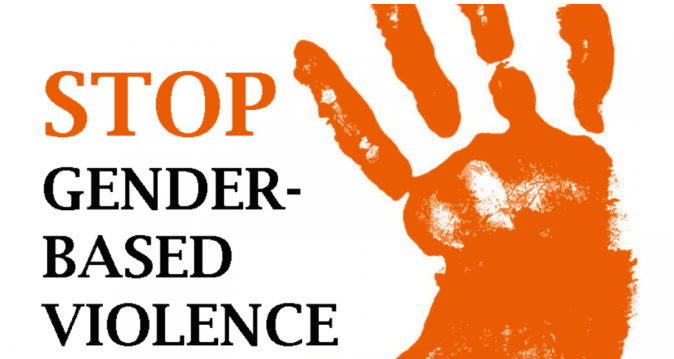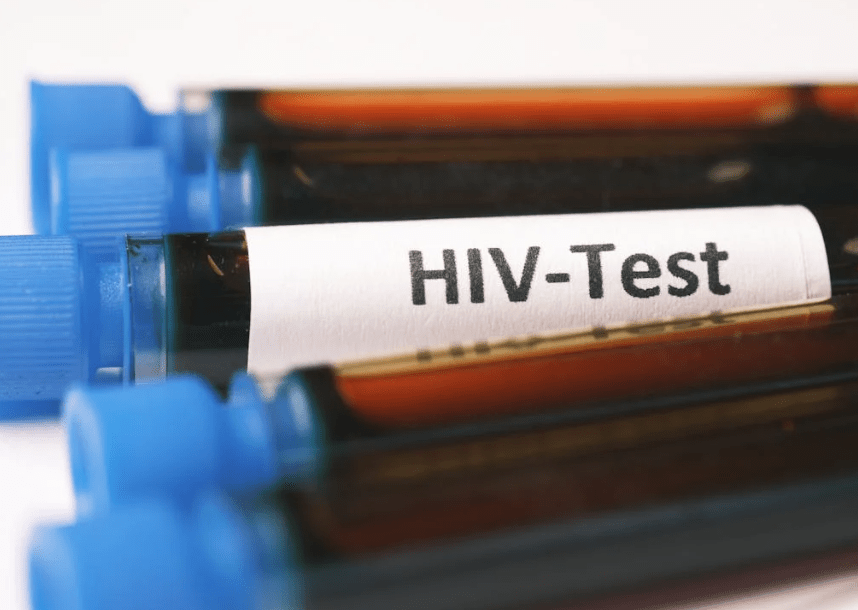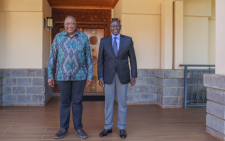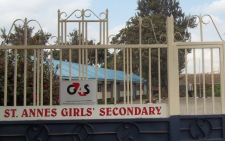Voters should learn from previous polls, demand accountability
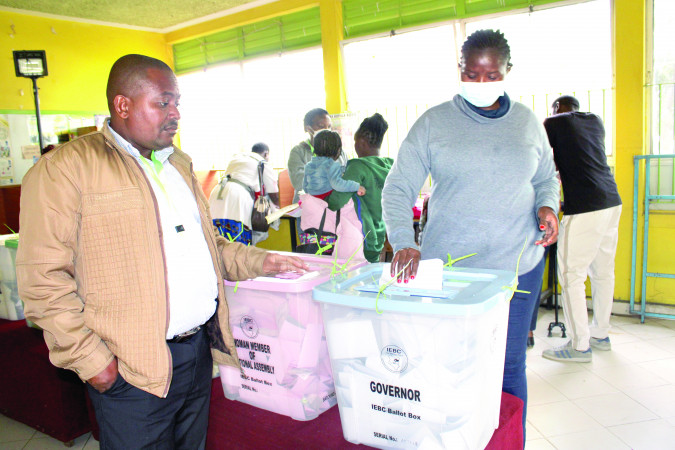
With a population of about 47 million, Kenyans put their trust in the 22 million registered voters. Out of which only 65.4 per cent turned out to vote during the Tuesday General Election.
Since Tuesday evening, different media houses have been tallying the presidential election results with varying numbers that have raised anxiety among the presidential supporters particularly those of Azimio-One Kenya and Kenya Kwanza coalitions.
The supporters hope their preferred candidate will win the contest and some have been putting pressure on others by using social media platforms to spread misinformation on the matter.
However, to win the presidential race in the first round, a candidate needs more than half of all the votes cast and at least 25 per cent of the votes cast in a minimum of 24 of the 47 counties. Notably, only the Independent Electoral and Boundaries Commission can declare the winner of the presidential election after verifying the physical and digital forms sent to the national tallying centre.
The preferred and most popular presidential candidates (Azimio’s Raila Odinga and Kenya Kwanza’s William Ruto) are involved in a fierce political battle to take over from President Uhuru Kenyatta, whose term comes to an end this year. Further, they made several promises that made each of them suitable for the seat.
For instance, Kenya Kwanza claims they will set aside a seed deposit amount of Sh100 billion into co-funding the strategic programmes for HIV, tuberculosis, blood transfusion, malaria, family planning and reproductive health. On the other hand, Azimio promises to focus on social protection and welfare programme by committing to enforce Article 43 on socioeconomic rights, and Article 21 (2) on the measures the State is required to put in place for the realisation of the rights and a social protection programme that will deliver Sh6,000 per month to each of the two million most needy and vulnerable households.
What does this mean to the common mwanachi and do they understand its impacts on their pockets? Political analysts argue the ambitious promises made by the two strong contenders will be hard to implement given the poor state of the economy and the rising public debt.
Kenya has widespread poverty and invulnerable socioeconomic inequalities, therefore, many Kenyans resonate with the ‘hustlers vs dynasties’ narrative. Combined with the restrictions that have had such a damaging impact on the livelihoods of the many young people who depend on the informal sector, it speaks to growing discontent with the government.
In the previous elections, the months toward elections have been the most violent periods leaving thousands killed and others displaced in election cycles and particularly in 2007. Consequently, high cost of living, youth unemployment, access to quality healthcare and education, corruption, equitable share of resources, and insecurity are the issues that dominate campaign rallies. However, after the elections no change takes place. Kenyans should learn from previous experiences to enhance accountability and ensure implementation.
— The writer is a youth advocate at the Network for Adolescents and Youths of Africa, Kenya — [email protected]
